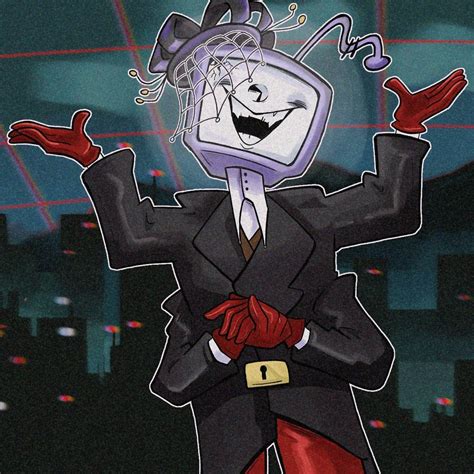What are the common signs and symptoms of benign prostatic hyperplasia (BPH) that men should be aware of?

Benign Prostatic Hyperplasia (BPH), often simply called an enlarged prostate, is a common condition that affects men as they age. It involves the non-cancerous growth of the prostate gland, which surrounds the urethra – the tube that carries urine from the bladder out of the body. As the prostate enlarges, it can press on the urethra, leading to a variety of urinary symptoms. Being aware of these signs and symptoms is crucial for early diagnosis and management.
Understanding BPH Symptoms: Obstructive vs. Irritative
The symptoms of BPH can generally be categorized into two main types: obstructive (or voiding) symptoms and irritative (or storage) symptoms. These arise from the prostate’s physical obstruction of the urethra and the bladder’s resulting attempts to overcome this resistance.

Common Obstructive (Voiding) Symptoms:
- Weak or Slow Urinary Stream: One of the most common signs, where the force of the urine stream is significantly reduced, making urination take longer.
- Hesitancy: Difficulty initiating urination, even when the bladder feels full, requiring a push or wait.
- Straining: Needing to strain or push to empty the bladder, which can be tiring and lead to other issues.
- Intermittency: The urine stream starts and stops multiple times during urination.
- Feeling of Incomplete Emptying: The sensation that the bladder has not been fully emptied, leading to the desire to urinate again shortly after.
- Post-Void Dribbling: Leaking of urine immediately after finishing urination.

Common Irritative (Storage) Symptoms:
- Urinary Frequency: Needing to urinate more often than usual during the day.
- Urgency: A sudden, compelling desire to urinate that is difficult to postpone, sometimes leading to incontinence.
- Nocturia: Waking up two or more times during the night to urinate. This is a particularly bothersome symptom that can significantly affect sleep quality and overall well-being.

When to Seek Medical Advice
While BPH is a benign condition, its symptoms can significantly impact a man’s quality of life. Ignoring these symptoms can sometimes lead to complications, such as urinary tract infections, bladder stones, bladder damage, or, in rare cases, kidney damage. It’s important to remember that these symptoms can also be indicative of other, more serious conditions, including prostate cancer, which makes a medical evaluation essential.
Men experiencing any of these urinary symptoms, especially if they are new, worsening, or bothersome, should consult a doctor. A healthcare professional can perform a thorough examination, including a digital rectal exam (DRE) and possibly a PSA blood test, to accurately diagnose the condition and rule out other potential causes. Early diagnosis allows for a range of treatment options, from lifestyle modifications and medication to minimally invasive procedures or surgery, all aimed at relieving symptoms and improving quality of life.

Conclusion
Awareness of the common signs and symptoms of BPH is the first step toward managing this prevalent condition. From a weak stream and hesitancy to increased frequency and nocturia, these symptoms are often progressive but treatable. Don’t hesitate to speak with your doctor if you experience any of these signs; taking proactive steps can lead to better health outcomes and a more comfortable life as you age.










